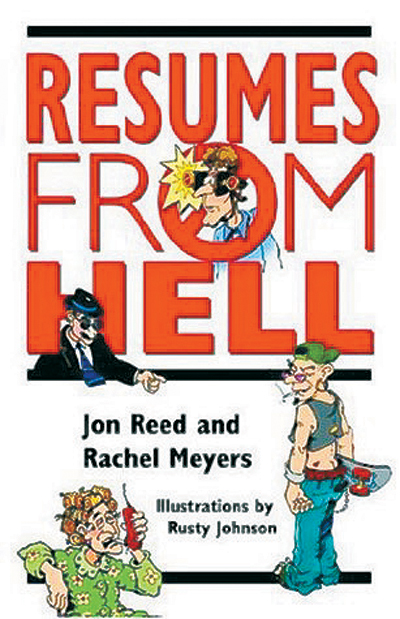
找工跳槽,通常都要寫信寫簡歷表。曾經申請職位的,都懂得求職信和簡歷表的基本寫法和格式,但有沒有想過,為什麼有些求職信送出去後石沉大海、沒有回音?
當然,要求職成功,首先資歷要適合,聘請文員,有經理資歷的去申請便不適當,這叫做"over-qualified"(資歷太高),與職位不相稱。也有資歷合適,但你要求的待遇太高,或有比你強的對手,這些都是求職失敗的原因。不過,有時本來樣樣都適合,就因為你的求職信和簡歷表寫得不好而白白喪失機會。
Tired or empty buzzwords
簡歷表叫"resume"。寫一份好的resume有很多學問。但其中一項可以留意的,是用字。有求職專家指出,resume中常見一些用得太多太濫的字,不只毫無作用,還會產生反效果︰
Peppering resumes with tired or empty buzzwords probably isn't the recipe for becoming a standout job candidate.
Buzzwords是"a word or phrase, often sounding authoritative or technical, that is a vogue term in a particular profession, field of study, popular culture, etc.",行業的術語。聽起來好像很夠權威、似模似樣的字或詞。Tired是形容用字,解那些被用得太多而變得無力的字。Peppering就是四處加插。
在專家眼中,"tired or empty buzzwords"有哪些呢?常見的例子是"great communication skills"(優良的溝通能力)。撰寫簡歷表的導師Jessica Holbrook Hernandez解釋當中的問題:
This tends to be a throwaway term because few people even recognize (much less acknowledge) their poor communication skills. I always cringe a little when I see this included in a resume that also contains improper sentence structure or awkward verbiage.
(這通常是個沒想清楚便加進去的用語,因為大部分人連自己溝通能力有問題也不知道(遑論承認)。每次我在句法有問題或措辭怪誕不當的簡歷表中看到這用語也會有點吃驚。)
專家的意見是,除非你申請的職位對溝通能力要求很高,否則根本無需提及。再者,若你的溝通能力過人,"those abilities should shine through in the quality of your resume - without your having to spell them out",在求職信、簡歷表已表露無遺,不用多說。
而另一個問題用語是"attention to detail"(細心)。說自己有這個優點沒問題,但若你的申請信錯漏百出,那便有反效果。
從反面教材學寫resume
"Experienced or seasoned"(有豐富經驗)原來也要用得小心。因為僱主可能覺得這是a euphemism for "old"(“老”的委婉語)。"Your title and accomplishments should speak to your professional achievements; there's no need to age yourself with adjectives like these."看你以前的職銜,對方已大概得知你在行內有多資深。
教人寫resume的書很多,Jon Reed和Rachel Meyers的Resumes from Hell: How (Not) to Write a Resume and Succeed in Your Job Search by Learning from Career-Killing Blunders則有點特別,是透過反面教材,即書名中的"resumes from Hell"(來自地獄的簡歷表),教讀者應避免的錯誤。
有些例子離譜得令人捧腹,例如在"Reference"一欄填上"My mother"。







